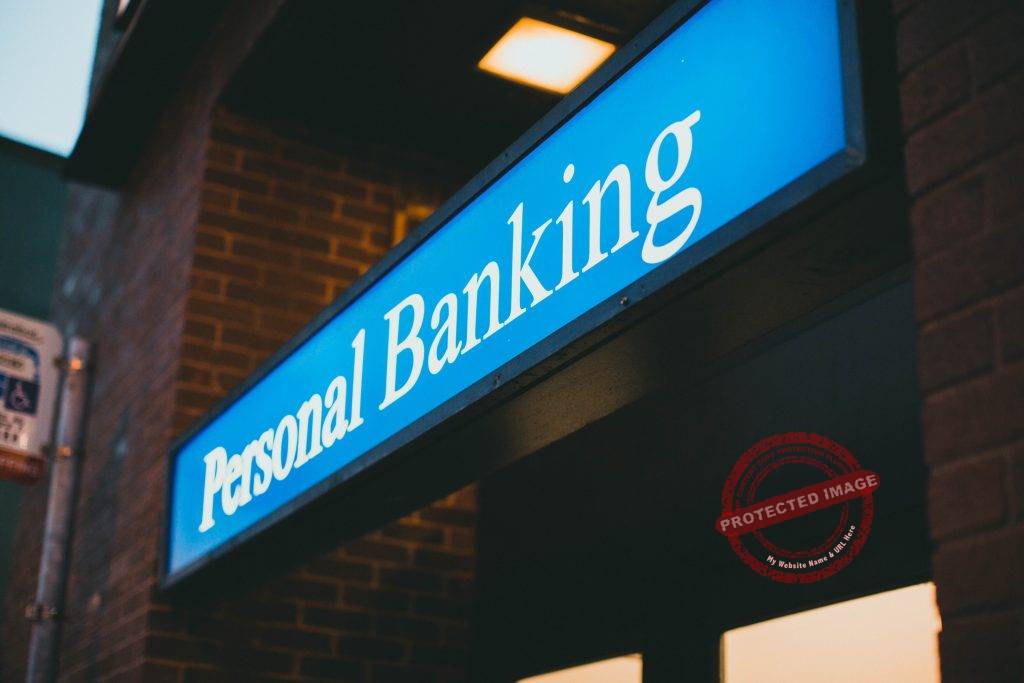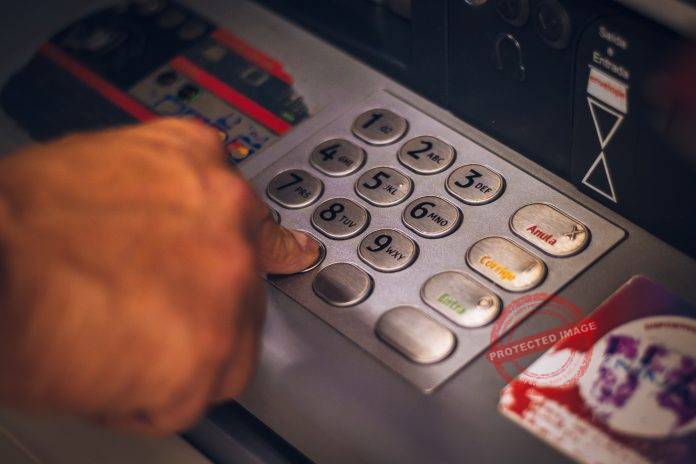Contrary to popular belief, how to start a banking business is not the weirdest question we have got. You are not the only one with the desire to own your own bank. If we all had our way, we think all of us would want that. The good news is you are in the right place for the answers you seek. We will talk about everything you need to know in order to open your own bank/banking business.
It is not going to be easy, and believe me, we have said this a lot of times to several people.
No business is easy, especially at the start.
Now, the problem is that success, regardless of the business you are looking at, depends on how well you start.
So we encourage you to read through this post thoroughly to learn all you need to know to start your banking business on the right foot.
How to Start a Banking Business – Advantages
The very first thing we consider before answering the how to start a banking business question is the advantages.
Everything has advantages and disadvantages when it comes to business – this is where the risk lies.
For a banking business, we have some advantages;
- Owning a bank comes with prestige, and this will open you to networking with powerful people.
- As a bank owner, insight and information about other industries and businesses are easy to come by. This will help you see investment opportunities more often than before.
- Access to funds – you can capture, use and reuse them for other investments.
- You have access to the international, national and domestic payment systems around you. This means you can move money around the world with ease. You have more control, and it will cost less as an owner.
- The challenges of the business foster growth both personally and professionally.
- The act of keeping public wealth safe and helping people financially is morally rewarding
How to Start a Banking Business – Disadvantages
Somewhere in physics, they say there is a corresponding reaction for every action.
Here, we will simply put it as – as long as we have advantages, we will also have disadvantages.
For a banking business, some of them include;
- The risk of getting robbed and the consequences that may have on your business are high.
- You will have to deal with a lot of regulations, agencies and the politics that come in the middle.
- There is are high chance of bankruptcy in the banking business which is why you see banks folding a lot.
The Industry – How to Start a Banking Business
This is important to help you decide if the banking business is right for you.
The first thing you have to understand is that it takes a lot actually to start a banking business.
It does not matter the side of the divide you want to operate on – manpower and capital are necessary.
This is why a lot of banking businesses are started by a group and not necessarily individuals.
Even banks with the name or face of an individual still have a board with that person as a chairman.
Another thing you have to understand is there are so many branches you can dive into in the banking sector.
How to start a Banking Business – 8 Basic Steps
There are so many Ts to cross and so many Is to dot – the problem is that none can be left to chance.
The banking business is so sensitive that every single part of the business is as important as the other.
However, if these steps are followed, you may start your banking business anytime soon.
They include;
1. Background Research on the Business/Industry
There is so much you have to know before deciding to enter the banking business.
After you decide, there are a lot of other things you will need to work out details for.
The first thing is understanding the industry and seeing the best niche for you to jump into.
Byjus was asked about the 5 most important banking services, and their answer was as follows;
- Loans and mortgage services.
- Wealth management.
- Providing credit and debit cards.
- Overdraft services.
- Checking and savings account.
So, if you are trying to start a banking business, you should decide how many of these you want to provide.
We suggest that you run a bank that provides all of them, but then that will mean more startup capital.
The financial sector is big, but if you are still focused on banking, then you have three main segments.
There is retail banking, commercial banking and investment banking – these are ranked in order of size and functionality.
What you choose here will be dependent on how much capital you have and your business plan and model.
2. Work on your Niche and Business Model
We have advised early that sole proprietorship should be avoided when you are looking at starting a banking sector.
There are so many reasons for this, but it is generally hard for one person to have all the requirements.
From an educational/technical know-how standpoint and a social status or business standpoint, it is simply hard to have it all.
This is why bringing people together to achieve your goal of owning a bank is one of the best practices.
Those you select should have all that you need, and their roles should represent their area of expertise.
Once the team is put together, you can strategize on a lot of things, including the bank’s long-term plans.
This is where you pick the niche you are going to be operating under and the services you want to render.
The services you provide will depend on the community you are operating in, so you will need to check-in.
You could offer services like savings accounts, small business loans, online banking, credit cards, checking accounts, mortgage loans, or debit cards.
However, if you wish to operate with a community bank structure – the services increase for bigger banks.
This will include things like;
- Wealth management
- Commercial DDAs.
- Commercial loans.
- Investment consultation.
- Broker/dealer services.
3. Properly Document Things
Documentation is important, especially for the banking business, as it involves a lot of capital hurdles and regulations.
Start with your business plan; this should come up when you are talking with your board members.
Have a mental picture of the banking business you want to do from start to finish and document it.
Remember how they said those who fail to plan have already planned to fail regardless of what they do?
You will interact with a lot of agencies during the start of your banking business and as you continue with operations.
Having all the necessary business documents will make the process as easy as possible.
You can call this your business plan.
Asides from your business plan, you should have several other documents, especially the financial plan of your bank.
You should understand how capital for the business will come, how it will be spent and how it will come back to the business.
Everything worth discussing in the business should be documented, as you will need them as your business progresses.

4. Learn and Get Certifications/Licenses
The banking business is one that needs some level of knowledge in a lot of fields.
This is one of the reasons why going into the business alone is never a practice that we advise.
You should carefully pick those with the necessary knowledge in the fields you require to start.
These fields may vary depending on the type of banking services your bank will be offering to the public.
Also, remember that serving your customers well is the best way to retain them and gain more customers.
One important role when you are looking at starting a banking business is having a lawyer around.
This will help you when you are dealing with regulatory bodies and exchanging sensitive documents amidst your discussions.
Now depending on where you find yourself – the licenses you will need will differ.
There are licenses particular to your state and those that will encompass the whole country.
Our advice at this point is to get all the licenses available from the start of your business.
Now, asking how to start a banking business is good, but what is even better is following all the steps.
We understand that getting licenses might be hard and stressful, but the truth is you will go nowhere if you skip them.
5. Brand Your Business to Stand Out
We really do not care about the business you are looking to start – branding is one of the most important parts.
There are so many steps with branding, but it starts with something like picking a name for your bank.
The name means a lot of things – for example, as an American, you are easily convinced to bank with BofA.
This is because the name Bank of America sounds like a bank owned by the American government.
This reiterates the importance of a good name when you are asking how to start a banking business.
After the name is fixed, you can do other things like picking out the brand colours and making a logo.
You should spend enough getting the appropriate name; you can also overlap this task with some others, so you don’t feel like the time is much.
Overall, branding is how the customers will see you, so you need the best at this level.
6. Do all the Necessary Registrations
Once branding is done, registration is the next step towards getting everything you deserve from your business.
This is also where you get some of the other licenses that you may not have gotten from the start of the business.
One of the most important licenses for a bank operating in the United States is FDIC approval.
The federal deposit insurance corporation will have to evaluate, insure and sanction your bank before you begin operation.
There is a reason we talked about documentation before this – it is because you need those documents here.
On the FDIC website, you will be asked to upload the following documents;
- Business plan
- Mission statement
- Your policies for loans, insurance and investment (depends on if you offer these services)
- The financial projection of your bank for the next three years at least.
Here, you need to be patient as this process might take from 12 months to 24 months for approval.
Another important thing to get is the charter for your bank – this is more like a certificate of incorporation.
The office of the controller of the currency (OCC) issues this charter.
For the state level, the state corporation commission can issue the state charter to your bank.
There are such other necessary permits that you will need both at the state level and local levels.
Getting all will ensure smooth operation when you start your banking business.
7. Implement all From the Planning Stage
This takes you to a totally different stage of the business, and at this point, we are close to the finish line.
You should focus on implementing everything, and that starts with implementing plans to raise capital.
If board members will put this money together, you should be getting the money at this point.
Also, if you will need loans from the government or other banks – this is the time to apply for them.
You should prepare all the documents you need for the loan at this point.
Once capital is available – the next thing will be getting offices and branches across the state or country.
Depending on how big you want to operate, you should choose locations for your banking halls and offices.
The ideal plan will be to lease and buy properties rather than rent out the spacing for our operations.
You will need to prepare for the banking operations once you have secured the location.
This will depend on what you want to do in your bank, but some common equipment includes;
- Electronic locks.
- A safe and vault doors.
- Night depositories.
- ATMS.
- Modular vaults.
- Alarm systems.
- Cameras and security.
- Drive-up teller systems, etc.
Meanwhile, you should look for staff as you are about to start your business.
8. Strategize to Market Your Business
Lastly, you should start marketing after branding to create awareness.
This is where you try to acquire customers for the business, making it the most important.
The whole business was in preparation for this – getting customers and serving them.
You should focus on physical marketing, such as community advertisements and campaigns.
Also, you should allocate your budget for adverts as well as hire experts if you have none on the board.
The brand will put your bank in an acceptable way, starting from the name to the tone of your communication.
However, proper marketing will take you across the line and make things happen for the business.
Furthermore, you can organize a launch to promote your business and target customers on the high-end side of society.
You also have to explore options that will help you attract and retain customers.
This is why we suggest that the expectations come in during this stage of the plan.
Conclusion for How to Start a Banking Business
In a nutshell, it is not easy to start a banking business. Nevertheless, the reward is worth it.
We have looked at 8 steps here, and every single one is important to a successful banking business.
So, you should not consider one ahead of the other when you are planning to start.
As such, you should follow the steps and focus on your business to get the best outcomes.
We wish you the very best.







